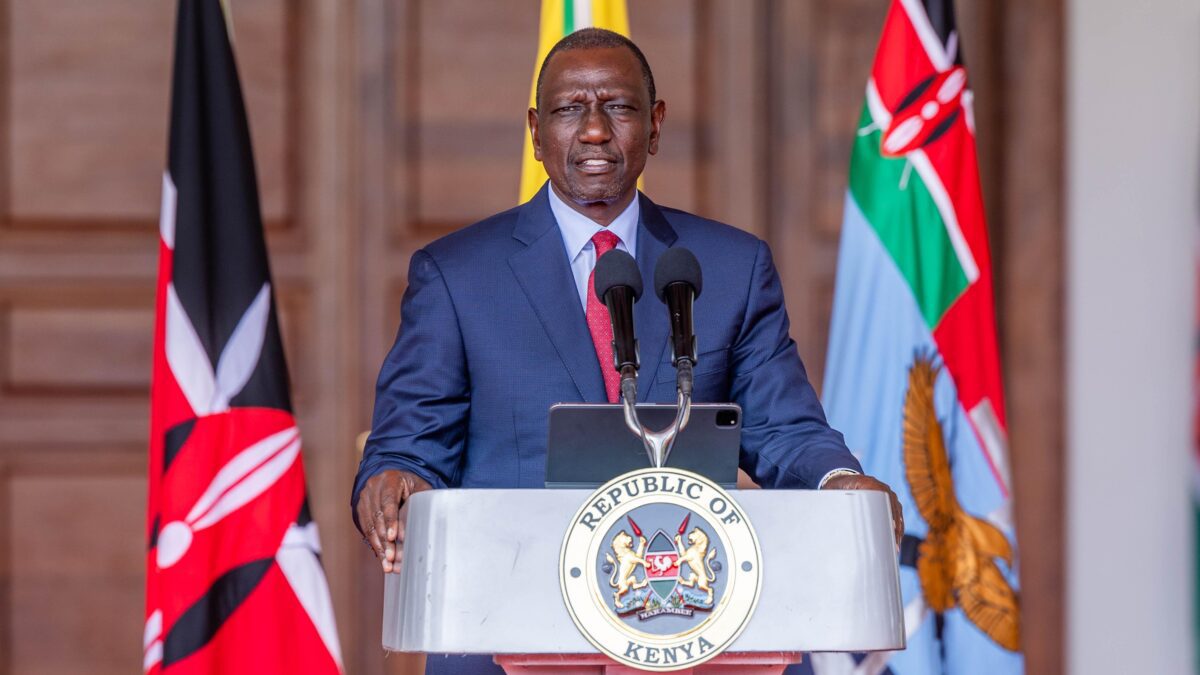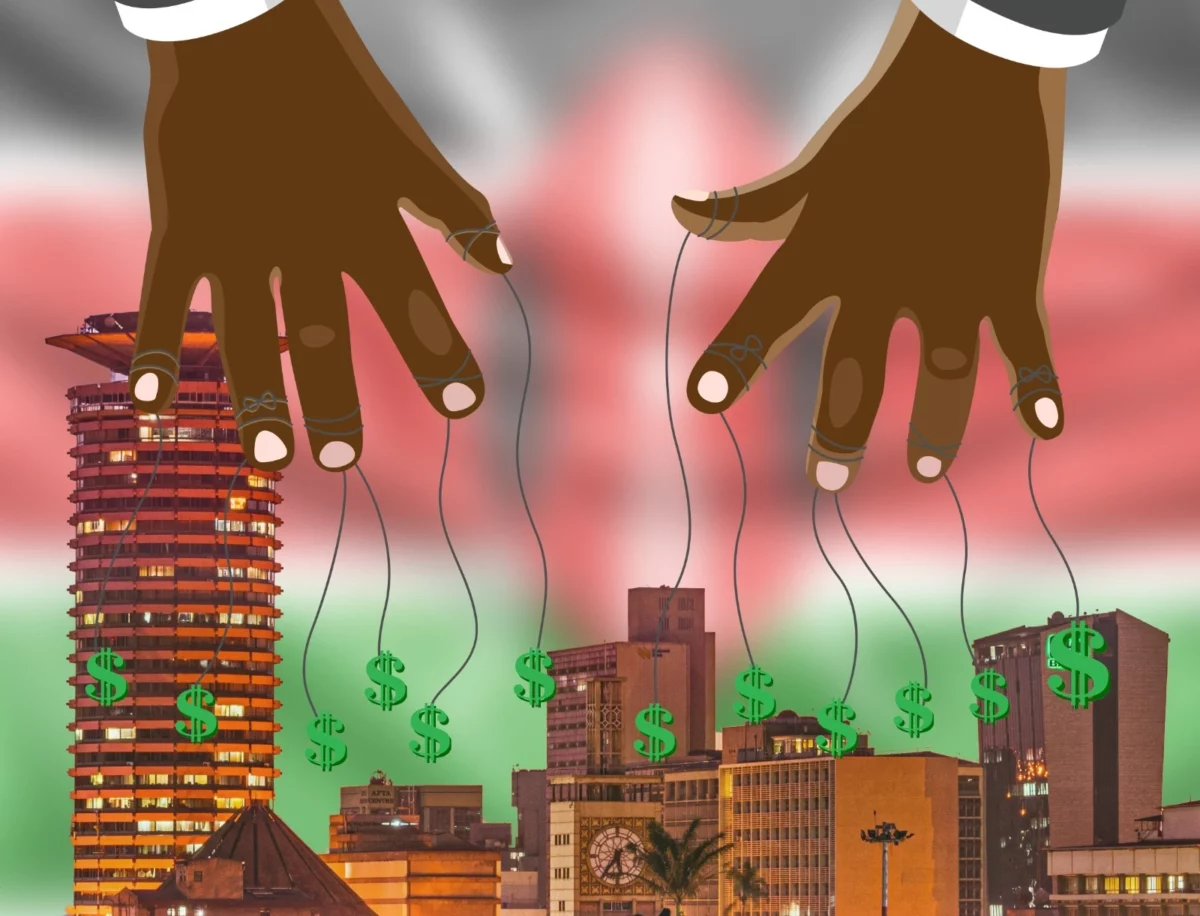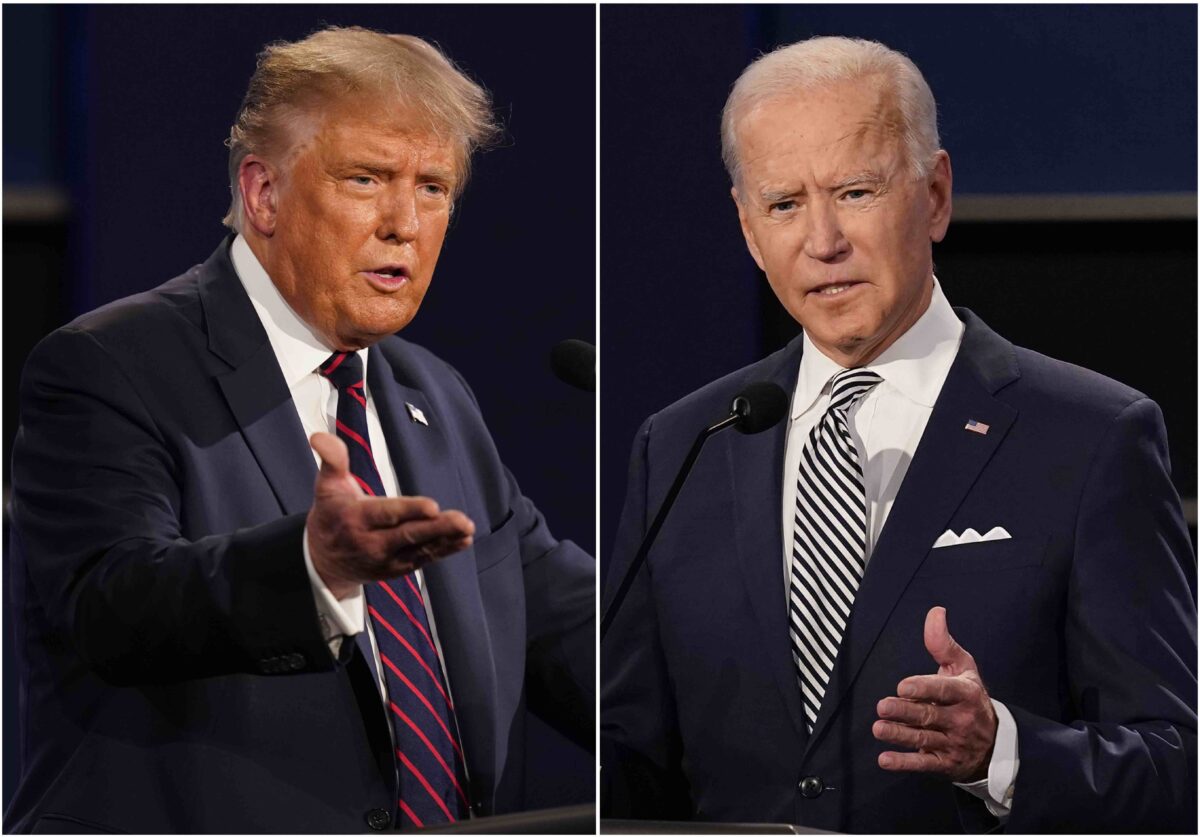The National Treasury Cabinet Secretary, Njuguna Ndung’u, may soon have the authority to regulate the prices of essential commodities if a draft bill currently before Parliament gains approval.
The “Price Control (Essential Goods) (Amendment) Bill, 2023,” presented by Khwisero MP Christopher Aseka, aims to amend the existing “Price Control (Essential Goods) Act of 2011” by introducing provisions to establish policy guidelines for setting maximum retail and wholesale prices for essential goods.

Should the National Assembly endorse the bill, it would empower the Cabinet Secretary to determine prices for critical items such as maize, maize flour, wheat, wheat flour, rice, cooking fat, cooking oil, and sugar.
Additionally, the bill suggests that the Cabinet Secretary can make recommendations for the reduction of tariffs and taxes on essential goods, which would be incorporated into each year’s financial statement.
The primary objective of the bill, according to MP Aseka, is to protect consumers from sudden price hikes for basic commodities, particularly during challenging economic times. Aseka argues that some retailers take advantage of market conditions by hoarding essential goods to drive up prices. He contends that the bill aims to promote fair competition within the market.
However, the proposed legislation has raised concerns among some Members of Parliament who argue that the prices of these commodities should be determined by market forces of supply and demand. “There is no producer who will want to continue with their business if the prices are lowered,” cautioned Ndindi Nyoro, Chair of the Budget and Appropriations Committee, during a committee meeting.
Read Also: Proposed Social Health Insurance Bill: Strict Penalties and Reform Initiatives
In response, MP Aseka reiterated that the bill seeks to strike a balance between protecting consumer interests and considering international market prices.Price control measures like those proposed in this bill aim to shield consumers from abrupt and excessive price fluctuations, especially for items crucial for daily life, such as food, medicine, and energy.
By imposing limits on certain goods, governments can prevent profiteering and price gouging during times of market volatility or supply disruptions, thereby safeguarding consumers’ purchasing power and ensuring that basic necessities remain accessible, even for the most vulnerable members of society.
Price control, in essence, involves government-imposed limits on the prices that companies can charge for specific products or services. These limits may include a minimum price or a maximum price, which are intended to maintain fair pricing practices in the market.
Subscribe to Switch TV for more exciting content
Aseka pointed to the Price Control Act in Nigeria as an example, which covers a range of essential goods and services deemed critical for consumers and the general public.The bill represents an ongoing effort to strike a balance between consumer protection and market dynamics in the pricing of essential goods, ultimately aiming to create a fair and stable economic environment.










































